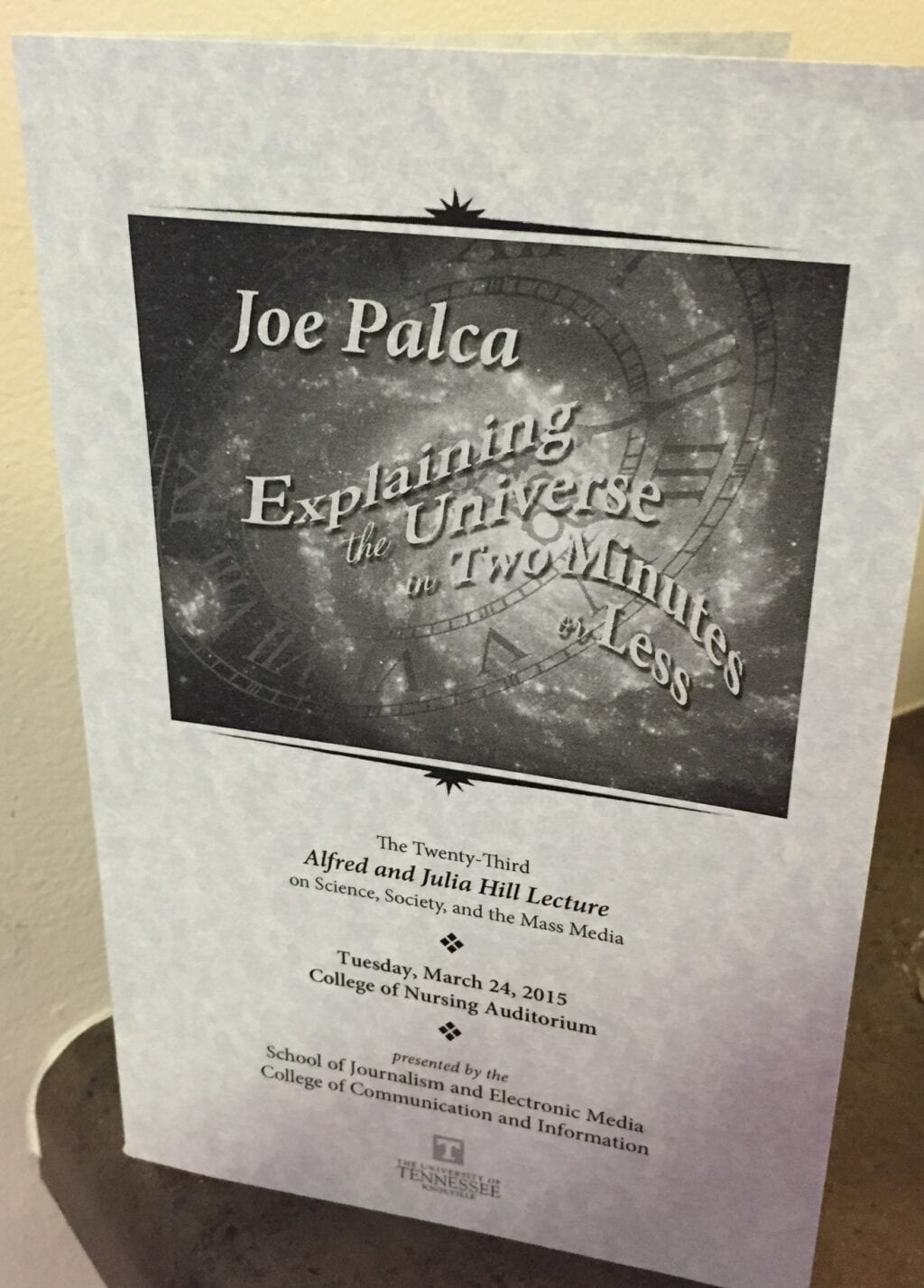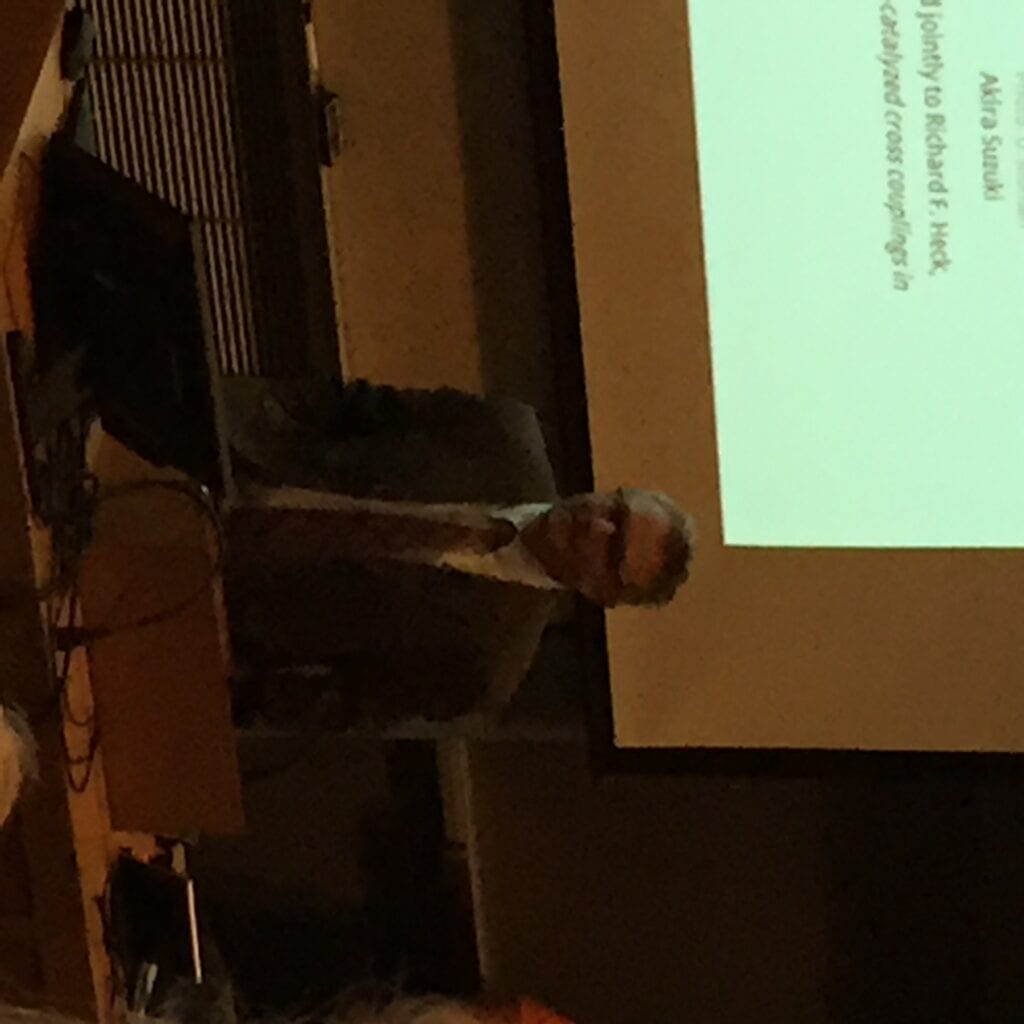NPR’s Joe Palca speaks on delivering quick science journalism
On Tuesday, many students, professors, and community members joined together as National Public Radio Science Correspondent Dr. Joe Palca delivered the 23rd Alfred and Julia Hill Lecture in the College of Nursing Auditorium.


On Tuesday, many students, professors and community members joined together as National Public Radio Science Correspondent Dr. Joe Palca delivered the 23rd Alfred and Julia Hill Lecture in the College of Nursing Auditorium.
Palca’s entertaining lecture “Explaining the Universe in Two Minutes or Less,” was inspired by none other than his wife. When writing his book “Annoying: The Science of What Bugs Us,” his wife told him he could not write a book because he has the attention span of a gnat.
According to Palca, the key to his success in science journalism is including so many elements of a topic in two minutes. He said anything can be explained in just a few minutes.
“Science is best served in pleasant bite-sized pieces,” Palca said.
Palca said 90 percent of what he does is deciding what to keep out and what to put in. He tries to “capture the essence” of what the scientist is talking about without distorting the subject.
During his lecture, Palca shared many of his broadcasts, including “Kepler Space Telescope Spots its First Rocky Planet,” “Methane Bursts on Mars Could Hint at Previous Life,” and “Scientists Create First Synthetic Cell,” that all showcase his ability to help viewers to understand giving scientific news in small amounts of time.
“I am just trying to be entertaining and informative,” Palca said regarding his broadcasts.
Palca said he does not believe his broadcasts are for the purpose of teaching but helping listeners understand. He chooses his stories based off of what he finds interesting and what viewers would want to hear.
Dr. Joe Palca has established a successful career in journalism focusing on topics regarding science. His career with NPR began in 1992, and he has since won a variety of awards for his work including the National Academics Communications Award (2003) and the Victor Cohn Prize for Excellence in Medical Science Reporting (2008).
More of Palca’s quick informational broadcasts can be found at: http://www.npr.org/people/2101004/joe-palca.
Edited by Maggie Jones

